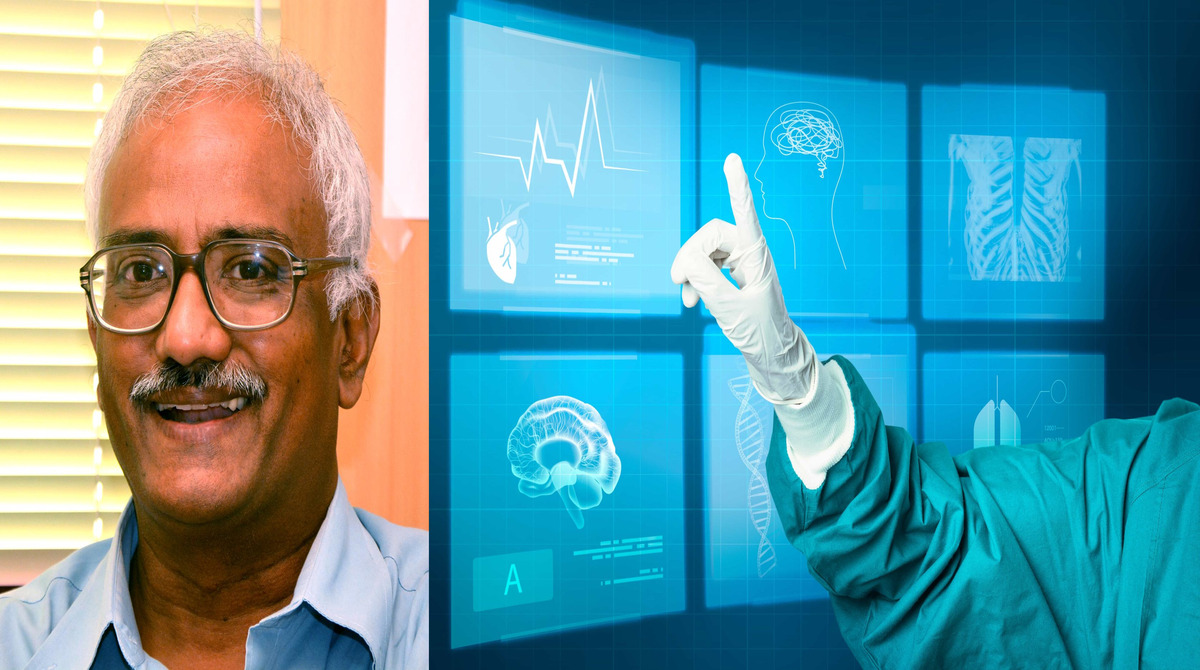AI can transform healthcare, but safeguards are key: Dr. Ragunatha Rao
Artificial Intelligence (AI) can strengthen public health systems by improving disease surveillance, early detection, and personalised care, but it must be adopted with caution, said Dr. D. Ragunatha Rao, Founder Director of the Homi Bhabha Cancer Hospital and Research Centre.
Speaking to The Coastal Times, Dr. Rao said AI tools are already helping detect outbreaks by analysing data from social media, news reports, and healthcare records. “This allows for faster responses, especially in underserved regions,” he noted. He added that AI-powered monitoring devices are particularly valuable in areas with limited healthcare infrastructure.
Dr. Rao stressed that quality data is the foundation of AI in healthcare. “If the data is poor, inconsistent, or incomplete, even the best algorithms will give unreliable results. Standardised, high-quality data is non-negotiable,” he said. He also called for strict data privacy rules and collaboration among patients, caregivers, healthcare workers, and AI experts.
Resistance from medical professionals remains another hurdle. “Many fear AI will replace them, but in reality, AI is meant to support human skills, not undermine them,” Dr. Rao said.
Beyond outbreak control, AI can predict health trends, identify high-risk groups, and deliver targeted interventions by analysing medical records, lifestyle choices, and socioeconomic factors. Tools that monitor diet, exercise, and even mental health are already being deployed, he pointed out.
On ethics, Dr. Rao underlined that individuals must retain ownership of their health data. “Sharing should be voluntary, with informed consent, and people must have the right to delete their data permanently,” he said, warning that biased datasets could deepen inequalities without transparency and trust.
Highlighting real-world impact, he said AI was used effectively during the COVID-19 pandemic to predict virus spread and optimise resources, in forecasting dengue and malaria outbreaks, and in screening for chronic conditions such as diabetes and hypertension. Cancer care, he added, is another area where AI-based tools are filling gaps caused by a shortage of specialists.
“AI has the potential to transform healthcare,” Dr. Rao said. “But reliable data, ethical safeguards, and equitable access are essential. With these in place, AI can save lives and strengthen healthcare systems for all.”



